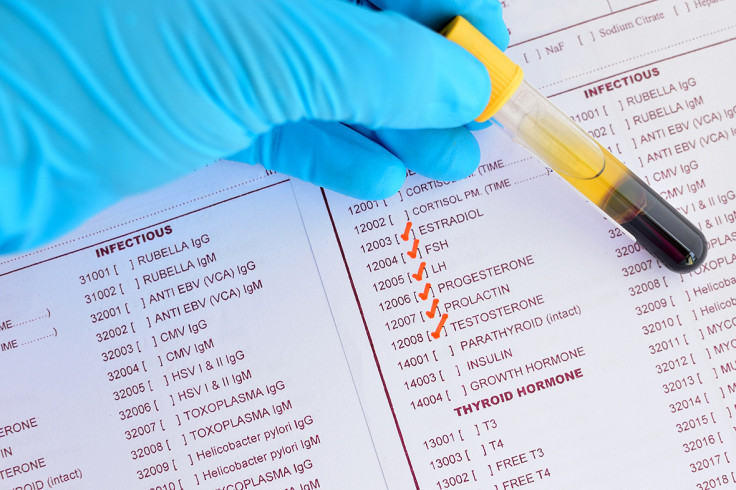How sex hormones help scientists understand gender differences in mental health disorders
Brains of transsexuals taking sex hormones reveal explanation for mental health differences between genders.

Studying sex hormones' impact in the brain may help understand gender differences in mental health, scientists have said. The findings come from a long-term research into the effects of opposite-sex hormonal therapy on the brains of transgender individuals.
It has long been observed that some mental health diseases occur much more frequently in either men or women.
Depression and anxiety disorders are for example much more associated with women – they are twice as likely as men to suffer a depressive episode at some point in their lifetime. In contrast, addiction and autism appear to affect men more.
"We wanted to investigate the root causes of these illnesses from a gender perspective and were looking for a model that would allow us to elucidate influences of sex hormones on the human brain," lead investigator Professor Rupert Lanzenberger, from Vienna General Hospital, Austria, explained.
The best way to do that was to study the brain of people who were administered artificial sex hormones. Transgender people going through hormone therapy proved to be the most interesting candidates for this project.
A range of findings based on the observation of their brains have now been published in different scientific journals.
Into the brain of transgender individuals
The researchers used magnetic resonance tomography (MRT), which allowed them to examine both transgender subjects and control subjects. They looked at what happened in the brain of transsexuals when opposite-sex hormones were administered over a prolonged period, in order to achieve opposite-sex hormonal blood levels.
They showed that gender identity is reflected in the brain, with masculine or feminine sex hormones – whether produced naturally or given artificially to transsexuals – influencing its structure . "We were able to demonstrate the effect of hormones on language processing, on functions such as risk-taking behaviour, spatial cognition and impulsiveness, as well as on structural brain connections between female and male subjects", Lanzenberger pointed out.
For instance, they observed that increased blood testosterone levels led to a decrease in the volume of two brain regions involved in language processing. Brain connections in these areas were also changed as a result. "This suggests that the impact of testosterone on language processing occurs via the influence it has on the structure of grey and white matter in the corresponding brain region," Lanzenberger said.
The next step will be to focus on differences when it comes to pain sensitivity, behaviours and quality of life, comparing between men, women and transsexual people who receive sex hormones to correlate them with the results of the brain scans and get a better understanding of gender differences.
"We now know that there are biological differences, and that these differences may change over a person's lifespan", Lanzenberger concluded. "The more knowledge we have about gender differences, the better medical science will be able to target therapeutic measures precisely and the better the advances in so-called personalised medicine will be".
© Copyright IBTimes 2025. All rights reserved.






















